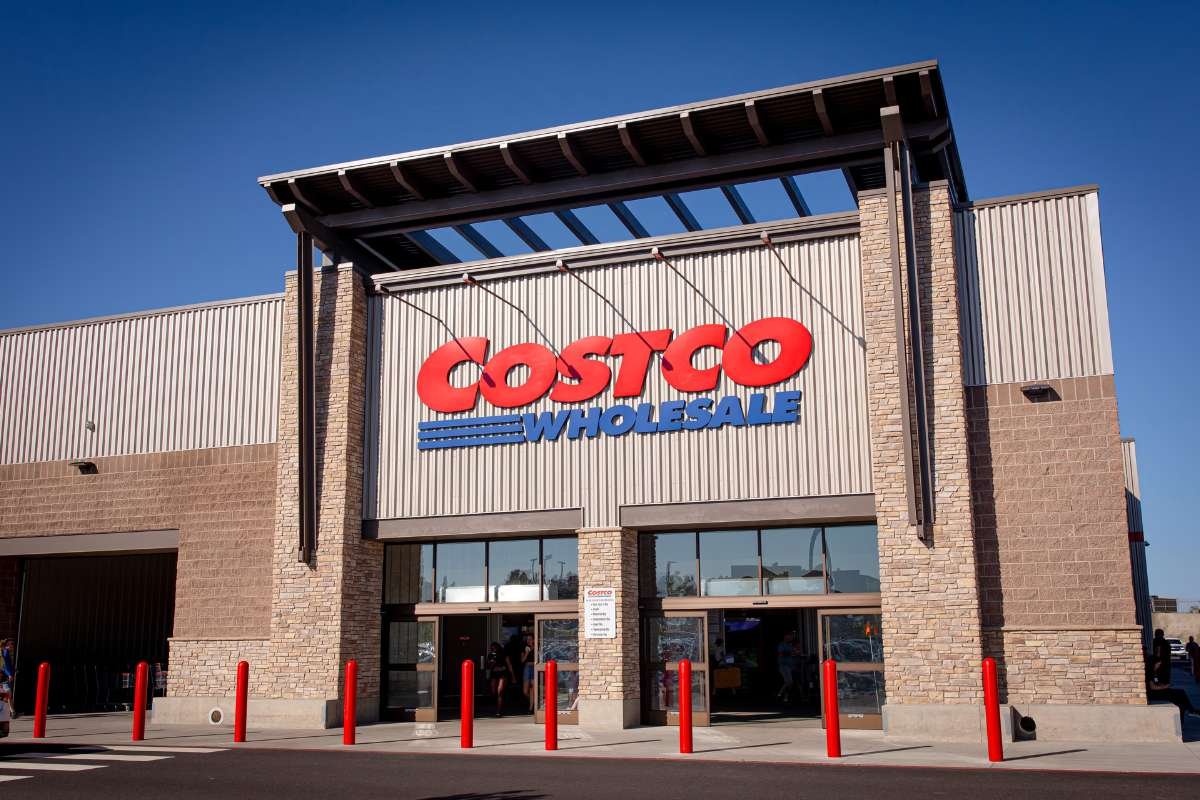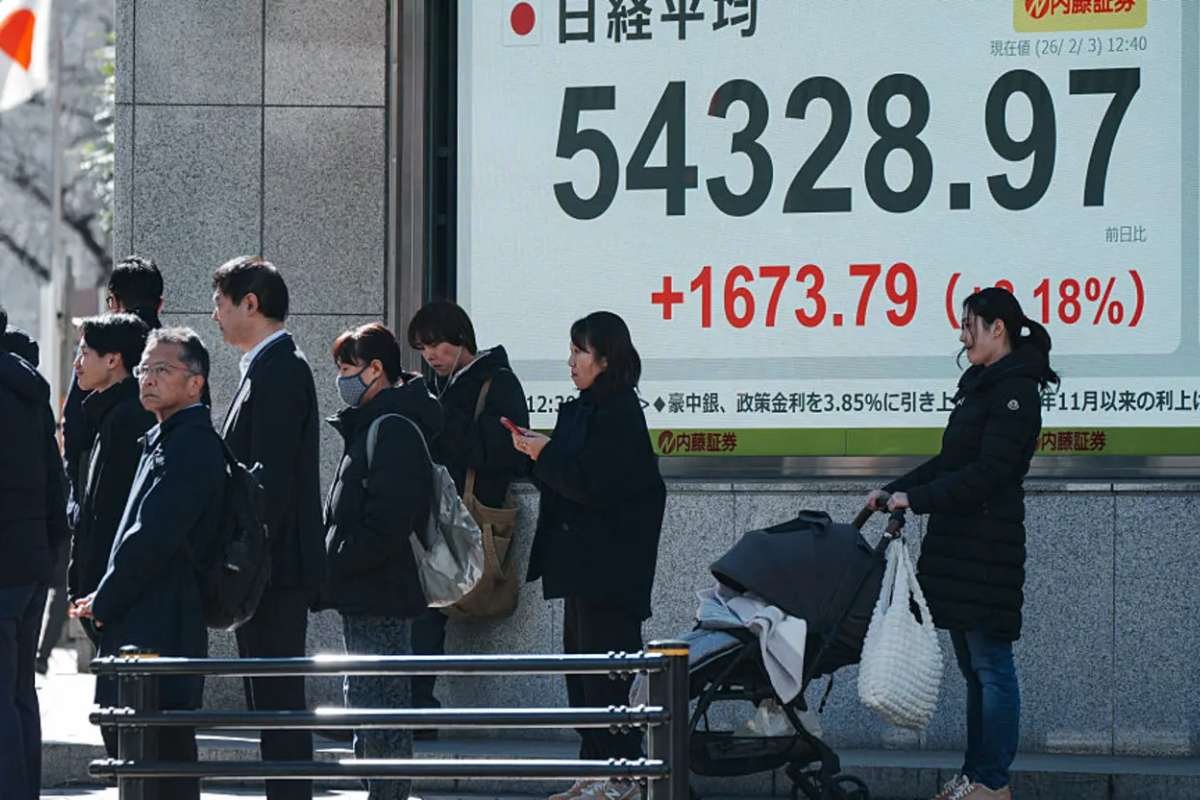A Call for Economic Resistance
A grassroots movement known as The People’s Union USA has called for a nationwide economic blackout on February 28, urging consumers to refrain from shopping at major retailers, including Amazon, Walmart, and Best Buy. The initiative is a direct response to large corporations scaling back their diversity, equity, and inclusion (DEI) efforts. Participants are encouraged to avoid all non-essential spending for 24 hours, including purchases at fast-food restaurants, gas stations, and online platforms. The movement’s goal is to disrupt economic activity for a day, sending a message against corporate greed and advocating for consumer power in shaping the marketplace.
The People’s Union USA, led by founder John Schwarz, describes itself as a grassroots movement focused on economic resistance, corporate accountability, and government reform. The organization emphasizes that it has no political affiliations and seeks to unite Americans in challenging what it sees as an unfair economic system. Schwarz, in a social media post, urged supporters to remain steadfast even if they see others continuing to shop, stating that visible retail activity should not discourage participation in the boycott.
The Significance of February 28 and Its Impact
The selected date, February 28, holds no particular historical significance but is intended as the first step in a broader campaign of economic resistance. According to The People’s Union USA, this blackout marks “the first domino” in a series of planned actions aimed at pressuring corporations and policymakers to acknowledge consumer influence. The movement’s website states that this day is meant to demonstrate that “we control the economy,” with hopes of igniting long-term change.
Economic experts, however, remain skeptical about the boycott’s impact. Neil Saunders, Managing Director at GlobalData, pointed out that while the campaign has gained attention, translating awareness into widespread participation will be a challenge. He suggested that most consumers may either disagree with the movement’s objectives or view the effort as ineffective. Additionally, he noted that any short-term decline in spending on February 28 is likely to be offset by deferred purchases in the days following the boycott.
The blackout allows for necessary spending on essential items such as medicine, food, and emergency supplies but encourages consumers to make these purchases at small, local businesses instead of major corporate chains.
Future Economic Actions Planned
This economic blackout is just the beginning of The People’s Union USA’s larger campaign. The organization has already scheduled additional actions in the coming months, including weeklong boycotts targeting specific corporations such as Amazon, Walmart, Nestlé, and General Mills. Furthermore, the next 24-hour economic blackouts are planned for March 28 and April 18, the Friday before Easter, to escalate pressure on corporate leaders.
As the movement gains traction, its effectiveness in reshaping corporate policies and influencing economic decisions remains to be seen. While some consumers are eager to participate, others remain doubtful about the boycott’s ability to bring about meaningful change. The coming months will determine whether this grassroots initiative can translate consumer frustration into a powerful force for economic reform.


















